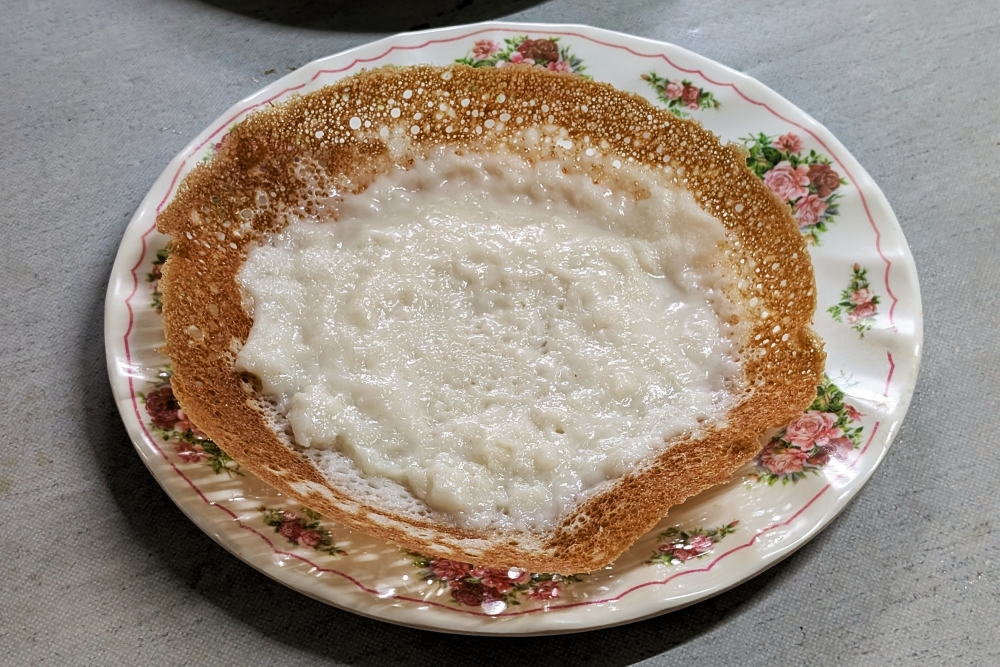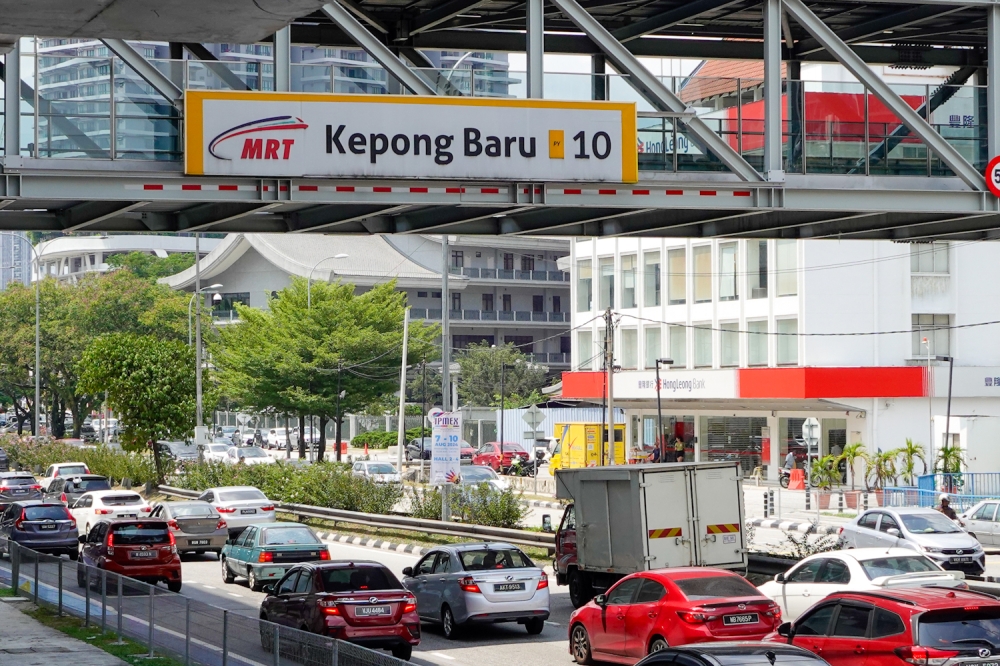KUALA LUMPUR, Jan 10 — A restaurant and chefs association has warned that customers may receive smaller portions as prices of raw food and other goods have continued climbing.
In a report by The Star, the Pan Malaysia Koo Soo Restaurants and Chefs Association claimed that some food vendors and operators may either decrease the amount of ingredients or serve smaller portions.
“Essentially, reducing food portions is an increase of food price because even with smaller portions, consumers still have to pay the same (price),” said Datuk Ringo Kaw, vice president of the association, adding that some restaurateurs had no other choice to keep their clients.
Kaw said food operators were struggling to cope as prices of poultry had increased by 20 per cent, as well as a 35 per cent additional cost for non-food materials such as plastic bags, sanitising equipment and other overhead costs.
“Both operators and consumers are struggling and need to survive during these difficult times.
“I just hope everyone, including the consumers, understand the situation restaurant owners are facing,” he said.
In response to the rising food prices, Malaysian Indian Muslim Restaurant Owners Association (Presma) president Datuk Jawahar Ali Taib Khan said its members would be keeping their food affordable, especially for those from the B40 community.
He added that should the prices continue to rise, he would make sure that it would be as minimal as possible to avoid burdening their patrons.
“We are doing our part to help Malaysians during this hard time,” he said.
He added that customers have the right to pick and choose to eat at restaurants that are already imposing higher prices, adding that higher rental prices have also contributed to the increasing food prices.
“Those restaurant operators are doing so probably because the operating costs are higher compared to others.
“The price of a piece of roti canai might be RM1.50 in the suburbs but it could be more (expensive) in the cities,” Jawahar Ali said.
He said that consumers could also lodge a complaint to the Ministry of Domestic Trade and Consumer Affairs should they find restaurants imposing exorbitant prices.
However, he said that the main issues faced by members of Presma were labour shortages.
“Locals are not interested to work in the (food) sector while foreign workers have yet to be allowed to enter the country.
“Even if restaurants are allowed to operate for 24 hours again, most owners will probably opt out as it will add to higher overhead costs and with a lower volume of customers,” he said.
















.jpg)


